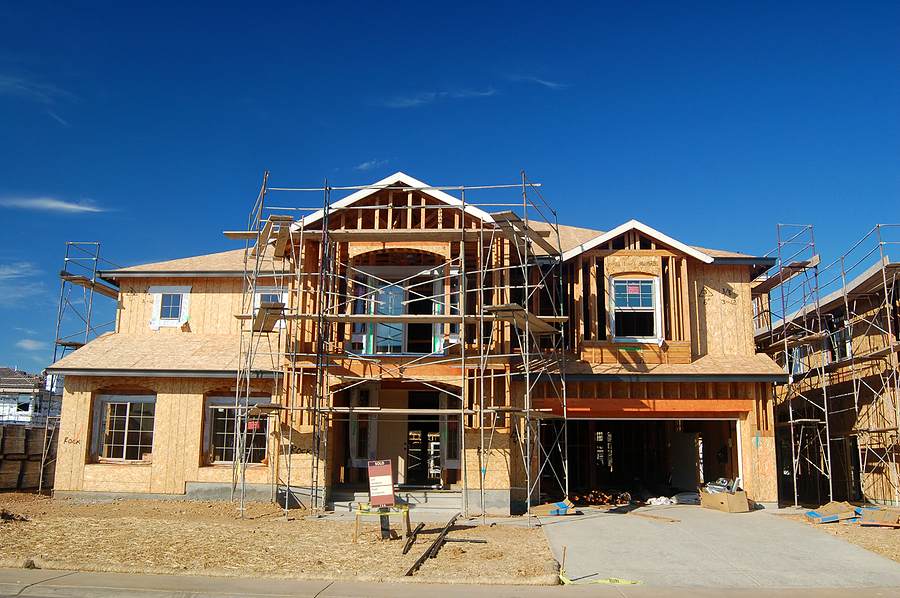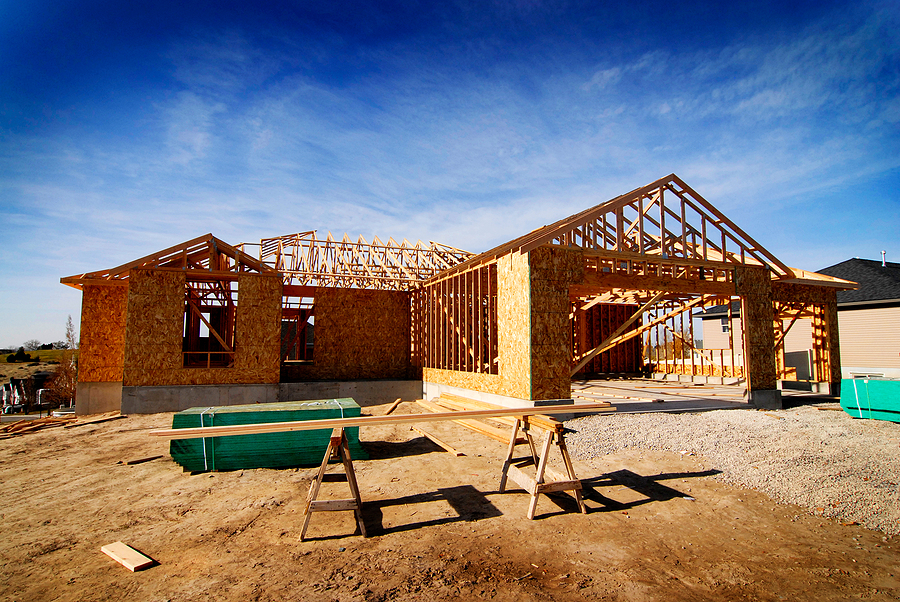December 1, 2020
There’s more to real estate investing than simply buying an investment property and calling it a day. Traditionally, there are four different types of real estate investors. As with any type of investing, each one has its own benefits and disadvantages. Below we will discuss all four types of investing, as well as the pros and cons for each investment type.
What is a real estate investor?
A real estate investor is any investor who purposefully adds a real estate asset to their portfolio. Truthfully, real estate investors come in many different shapes and sizes. While many people think of someone who buys and holds a rental property as the classic example of a real estate investor, that is just one type. It’s possible for real estate Investors to also put their money into a real estate investment trust (REIT), to follow a fix and flip investment strategy, or to be wholesalers. Now that you know a little bit more about what a real estate investor is, the next step is to take a closer look at the different types of real estate investors.
REIT investor
Investing in a real estate investment trust (REIT) is the most passive form of real estate investing available. With this method, you’ll invest similarly to the way you’d invest in the stock market. Here, you’ll buy shares of a real estate investment company and receive dividends when the company pays out its profits. A publicly traded REIT will even have its shares listed and traded on major stock exchanges. However, a non-traded REIT may still be listed with the SEC, but it’s not publicly traded or it may be a private company.
The major benefit of investing in REITs is that, like stocks, anyone can do it. You don’t have to be an accredited investor or even have that much real estate experience. In this case, it’s as easy as buying and selling shares. That said, the downside of investing in REITs is that you have very little control over what they invest in or how they’re managed. With that in mind, it’s important to do your research before investing in any particular REIT. Also, dividends from REITs are taxed as ordinary income, as opposed to a lower rate.
Buy-and-hold investor
Buy-and-hold investing is the classic example of real estate investing, where you buy up an investment property and rent it out for consistent monthly income. On the whole, this is a relatively active form of real estate investing. You do have to do the groundwork of marketing for a tenant, vetting all the potential applicants, and being on call to handle maintenance issues. It’s also meant to be a long-term strategy since investors tend to buy an investment property and keep it in their portfolio for multiple years.
The big benefit of following a buy-and-hold investment strategy is that you have the opportunity to achieve relatively stable returns. In this case, landlords can usually count on the same amount of rental income coming in every month. The major downside of this investment strategy is that it can be a lot of work for smaller returns than you might find with another method.
Fix-and-flip investor
In fix and flip investing, the investor will do their best to find a real estate deal that’s undervalued for the market. Then, they’ll fix it up and market it for resale at a much higher price. Once the buyer is found, the investor gets to keep the difference between the initial investment and the final sale price as profit.
The main benefit of this type of real estate investing is that, if you find the right investment opportunity, it has the potential for high returns. Also, it’s a short-term investment strategy, meaning you could see a return on your investment in just a few months.
That said, this is also a very active investment strategy. In this case, it’s up to you or your real estate agent to find the right real estate deal. Then, you have to figure out how to fix up the property. Here, you can often achieve better returns if you can do the work yourself. However, if you aren’t handy, you’ll have to plan to pay for labor costs in your budget. Finally, there’s also the risk that you could over improve the property and lose money on the deal when it’s time to sell.
Wholesaling
Real estate wholesalers will act as a middleman between a property owner and an end buyer. Here, the investment strategy is to find an underpriced real estate deal, quickly sell it for a higher price to an interested buyer without rehabbing it first, and keep the difference between the price you paid for the property and the price you sold it for as a profit.
In truth, this is a relatively passive investment strategy, and you have the potential to make a sizable profit. Typically, wholesalers will buy and sell a property the very same day in order to cut down on carrying costs. However, in order to make this work, you often need to have an established network of real estate contacts who can help you find interested buyers and distressed sellers.
Real estate investing can be a great way to diversify your portfolio. However, if you’re just getting started in this arena, it can be confusing to differentiate between the different types of real estate investors. In light of that, use this as your guide to your options. Armed with this knowledge, you should have a better idea of what type of real estate investing is right for you.











